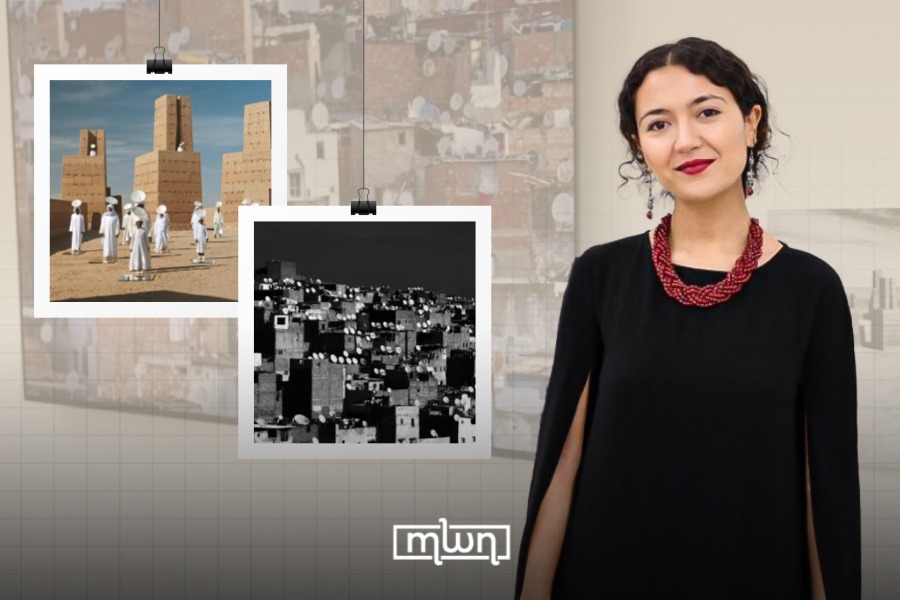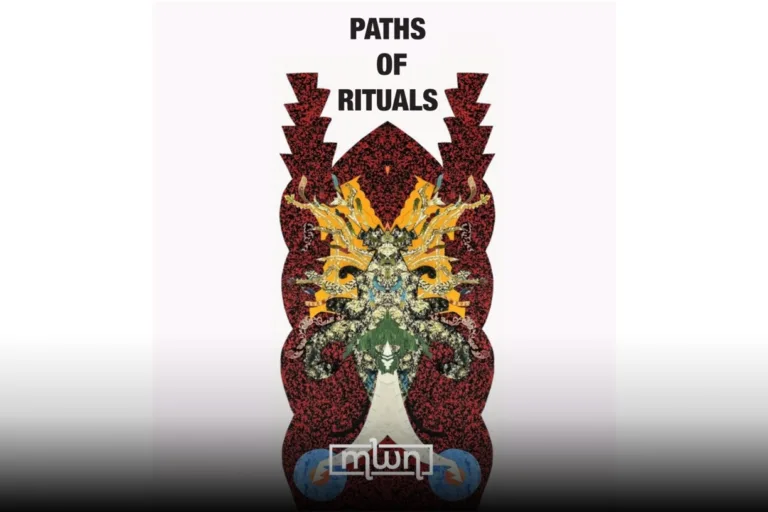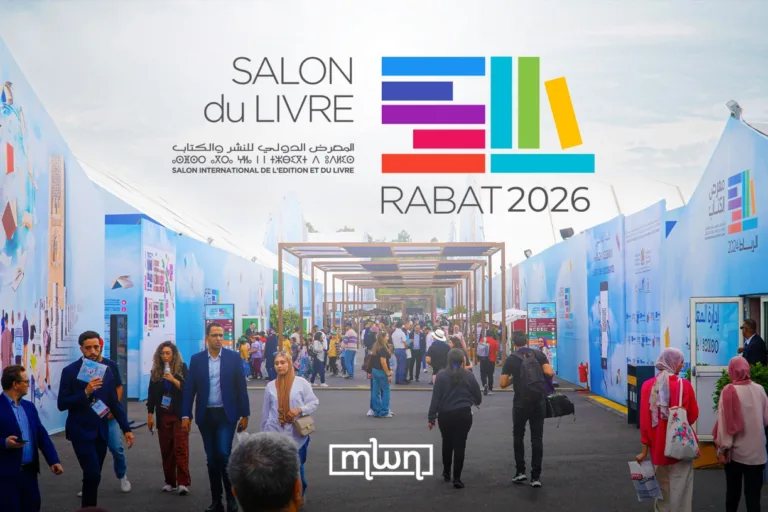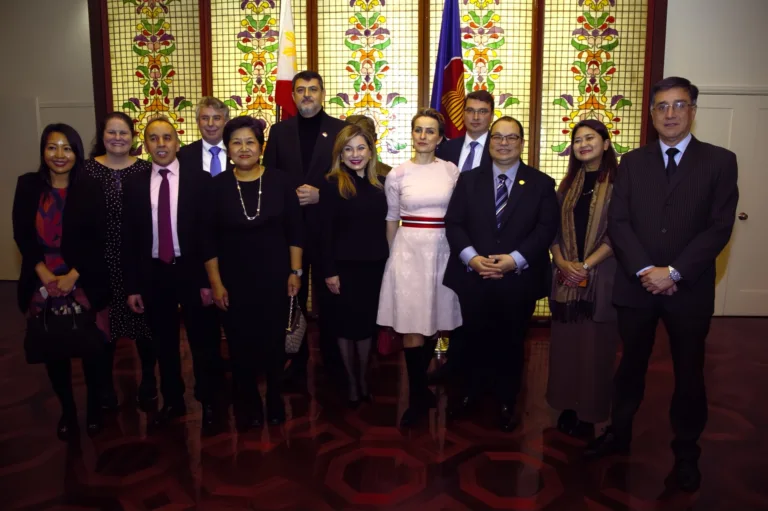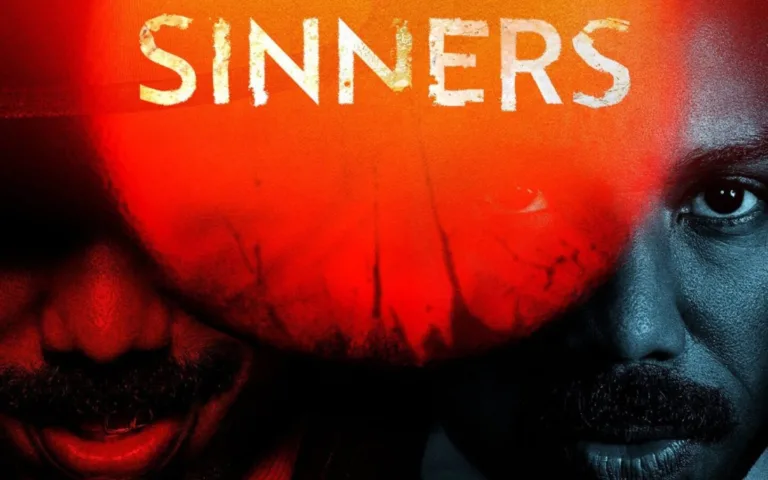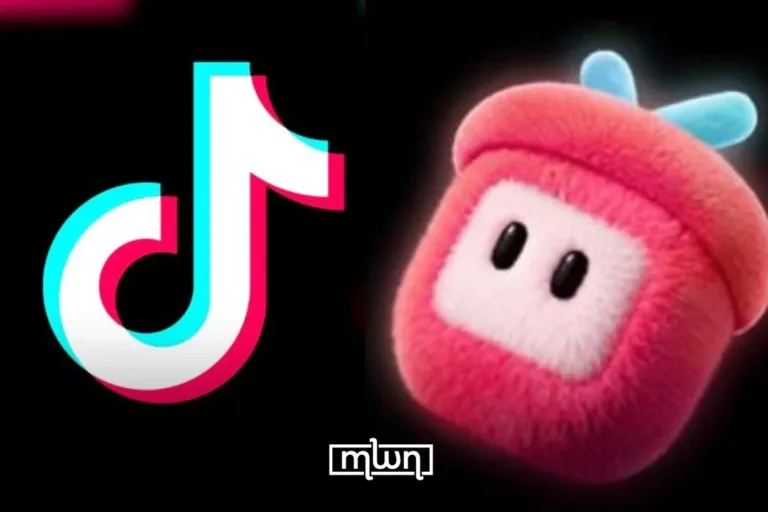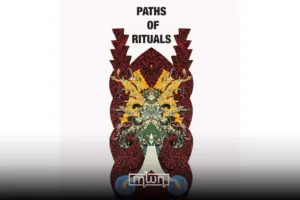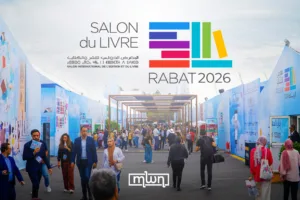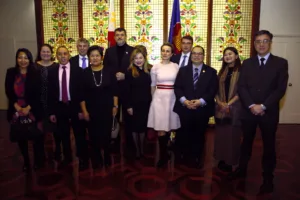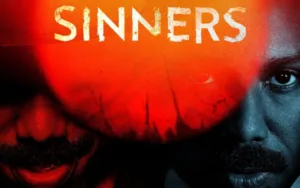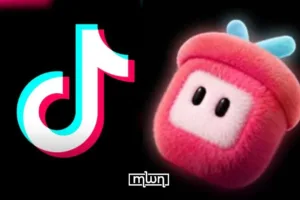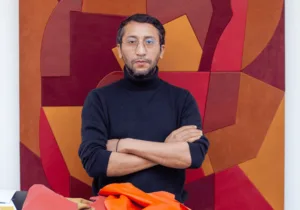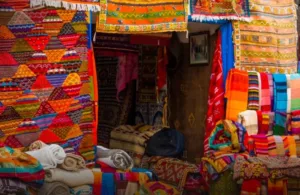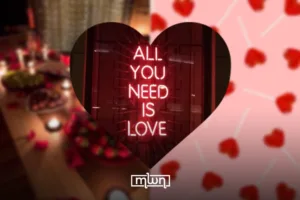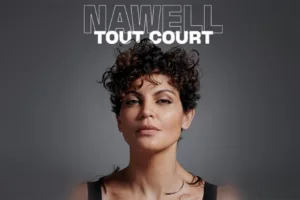As a Moroccan artist, Baddou’s authenticity comes from her lived experience, deeply rooted in the cultural and emotional realities of migration, identity, and belonging.
Rabat – Moroccan artist Hiba Baddou has secured the Art for Change Prize 2024 at the Saatchi Gallery in London, a monumental achievement that projected the spotlights on her unique ability to weave identity, heritage, and global themes into art.
Her winning short film “Paraboles” captured the jury’s imagination with its poignant exploration of migration, belonging, and cultural transformation.
Through this project, Baddou doesn’t just tell a story—she challenges viewers to rethink their relationship with identity in an increasingly interconnected world.
A journey rooted in storytelling
Baddou’s artistic journey began in Rabat, Morocco, where she was born in 1997. From a young age, she was captivated by the power of storytelling, a passion that transcended medium and form. Over the years, she has mastered multiple disciplines—filmmaking, photography, painting, and performance—all while maintaining a distinct voice deeply tied to her Moroccan roots.
After graduating from the International Film School (EICAR) in Paris in 2018, where she won awards for Best Direction and Best Cinematography for her graduation film, Baddou pursued a Masters in Art Direction at Penninghen. These years shaped her approach to blending narrative with aesthetic innovation, a combination that has become her hallmark.
Baddou’s work has been showcased in prominent Moroccan venues like the Bab El Kebir and the Villa des Arts in Casablanca and Rabat, as well as international institutions like the Institute of Contemporary Arts in London.
Her collaborations with globally recognized musicians such as Keziah Jones and Manu Chao further reflect her ability to bridge artistic disciplines.
Her crowning achievement, the “Paraboles” project, continues to earn accolades, with exhibitions at the Dakar Biennale in 2024 and the upcoming MACAAL showcase in 2025.
Where migration meets metaphor
“Paraboles” is a multidisciplinary project centered on a short film that examines migration and identity through a unique lens. The project’s namesake is the French word for a satellite dish. This serves as both a literal object and a metaphor for aspirations, cultural shifts, the longing for connection, as well as a sense of multi-layered nostalgia for both the future and the past.
Through her effort at reifying complex concepts and emotions into tangible art forms, such as her short film, she successfully engaged her audience and conveyed what words alone could never achieve.
In an interview with Morocco World News (MWN), Baddou explained how her childhood in Morocco during a period of rapid social and technological change informed the work.
“The satellite dish symbolizes more than technology; it represents shifting dreams and identities. In the 1980s, makeshift dishes gave Moroccans a window into distant worlds, sparking dreams of escape and an idealized life abroad,” she said.
Through this imagery, Baddou invites her audience to consider migration not only as a physical journey but as an emotional and cultural metamorphosis.
The film captures the universal thorny tension between exile and rootedness, a theme deeply tied to Morocco’s identity as both a bridge between continents and a crossroads of migration.
“Paraboles draws on these elements to explore the tension between tradition and modernity, exile and rootedness. The hertzian language I created reflects this blend of cultures and the impact of images on identities. Visually, the film incorporates various architectural forms that interact throughout the narrative,” Baddou said.
“Douar Hajja, a neighborhood in Rabat overwhelmed by satellite dishes, contrasts with the celestial structures (designed for stargazing) built by German artist Hannsjörg Voth,” the Moroccan artist further explained to MWN.
The visual and symbolic depth of “Paraboles”
What sets “Paraboles” apart is its layered narrative, achieved through its carefully crafted visual and auditory elements. The short film employs a retro-futuristic aesthetic, blending Moroccan cultural motifs with futuristic symbolism to create a world that feels both familiar and surreal.
Baddou’s creation of a fictional “hertzian language” adds another layer of complexity. “This language reflects the impact of media and images on shaping identities,” she explained. “It’s a fusion of Moroccan rituals, symbols, and the global influences that permeate them.”
The satellite dish is omnipresent, its waves connecting disparate spaces and experiences. “The sky in the film serves as both a technological medium for hertzian waves and a spiritual dome, illustrating the intersection of the material and the metaphysical,” she explained.
Through its rich symbolism, “Paraboles” offers more than just a narrative; it is an invitation to reflect on the forces shaping individual and collective identity.
Dialogue on identity and empathy
While “Paraboles” represents a pinnacle in Baddou’s career, it also reflects her broader artistic philosophy. Her work consistently engages with themes of memory, heritage, and the impact of globalization on cultural identity.
As an artist, Baddou says she sees herself as both a storyteller and a catalyst for dialogue. “Art doesn’t necessarily provide solutions, but it sparks reflection and empathy,” she told MWN. This belief is evident in the audience’s reactions to “Paraboles”.
Her process is deeply rooted in research and collaboration. During the creation of her short movie, she immersed herself in archival materials and sought out stories from people with lived experiences of migration.
In moments of creative or resources challenges, these narratives anchored her abstract ideas in tangible realities, enabling her to produce work that resonates both intellectually and emotionally.
Moroccan roots and the search for belonging
Baddou’s Moroccan heritage is central to her artistic identity. The country’s history as a cultural crossroads and a nexus of migration inform much of her work, including the award-winning “Paraboles”.
As a Moroccoan artist, Baddou brings an authenticity to her work that stems from lived experience. Having grown up immersed in the cultural, social, and emotional realities she explores, she understands the nuances of migration, and belonging on a deeply personal level.
This lived connection gives her art an unmatched sincerity, allowing her to convey themes not as distant concepts but as feelings she has intimately know and navigated.
“Morocco’s complex history as a transit and destination for migrants deeply influences my perspective,” she explained. “Through my work, I want to challenge audiences—especially Moroccan ones—to reflect on what we seek beyond our borders and what we might overlook at home.”
Morocco’s unique geographical position, bridging Africa and Europe, has made it a vital hub for migration for centuries. Serving as both a transit and destination country, it embodies the complex realities of migration—hope, exile, and the search for belonging.
These themes resonate deeply in Moroccan art, where generations of artists have explored the intersection of identity, movement and home. Baddou is no different — among the many Moroccan creators scrutinizing the realms of this profound subject.
Through works like “Paraboles”, she joins a lineage of voices examining how migration shapes not only individual lives but also collective narratives. Her work reflects Morocco’s dual identity as a land of departure and refuge, where the longing for opportunity intertwines with the enduring pull of heritage and community.
For Baddou, Morocco is both a muse and a mirror, reflecting the global themes she seeks to explore while also reaching out to people’s psyches and seeking to gently sway their affect through creativity and conscious art.
Art as a catalyst for contemporary conversations
Winning the Art for Change Prize 2024 places Hiba Baddou among the most compelling voices in contemporary art today, not just for her remarkable talent but for her ability to address some of the world’s most urgent issues.
For Baddou, this recognition is more than a celebration of her artistry—it’s an opportunity to elevate conversations about the transformative power of art and its potential to shape how we understand and respond to global challenges.
She views the involvement of business and cultural leaders in the arts as vital, describing their role as going far beyond funding. “It’s not just about money,” she explains. “It’s about creating opportunities for voices that question, disrupt, and inspire to be heard.”
Their influence, she believes, lies in helping art find its place at the heat of important societal debates, where it can provoke thought and spark meaningful change.
In her project “Paraboles”, Baddou embodies this belief. Through its exploration of migration, identity, and cultural transformation, she translates deeply personal experiences into narratives that resonate on a global scale.
By anchoring her work in her Moroccan heritage, she brings authenticity and depth to universal themes, inviting audiences to see the world through a lens that is at once deeply rooted and universally relatable.
Baddou hopes her recognition will inspire others to explore art as a medium that moves beyond beauty or form—one that connects, challenges, and invites dialogue. To her, art has the unique ability to express what words cannot, reaching into the emotional core of complex issues and sparking empathy in ways few other mediums can.
Her win also signals a growing recognition of Moroccan and African voices in global art spaces, shining a light on the richness of these narratives and their ability to speak to shared human experiences.
By staying true to her roots while engaging with global issues, Baddou reminds us of the boundless capacity of art to act as both a mirror and a bridge, reflecting individual truths and connecting them to the wider world.
What’s next for Hiba Baddou?
With the success of “Paraboles”, Baddou is already looking ahead to future projects. She plans to delve deeper into themes of memory, heritage, and the digital age’s impact on cultural identity.
“Morocco is an inexhaustible source of inspiration,” she told MWN. “Its history, traditions, and rituals offer endless opportunities to connect with global audiences. I want to continue building bridges between Moroccan heritage and the world.”
Her upcoming exhibition at MACAAL in Marrakech will further this mission, showcasing “Paraboles” to new audiences and continuing the dialogue it has sparked.
Baddou’s journey from Rabat to the global art stage is a testament to the power of storytelling and the universality of her themes. Through “Paraboles” and her broader body of work, she challenges audiences to question their perceptions of identity, migration, and cultural transformation, alongside many other timely topics.
As she continues to push the boundaries of contemporary art, Baddou’s voice is poised to leave a lasting impact—not just on the art world, but on the global conversations it inspires.

